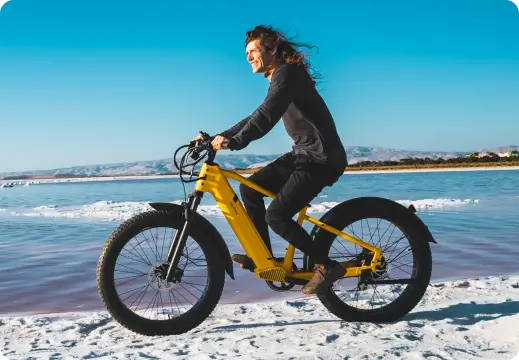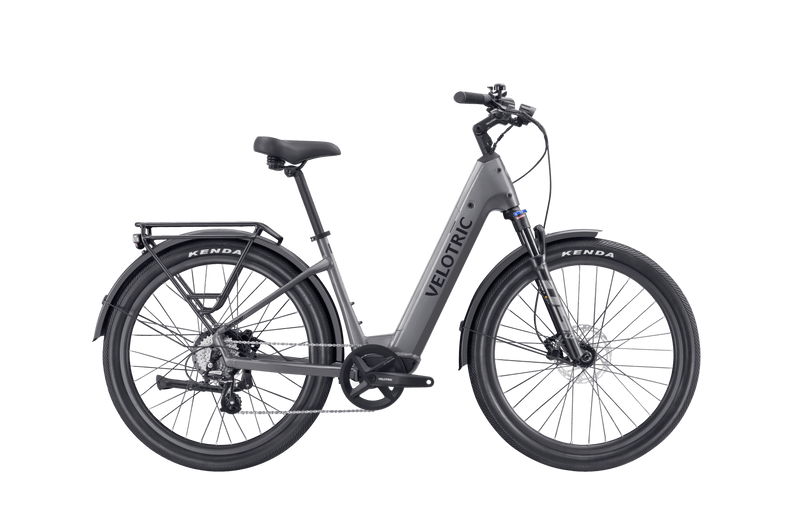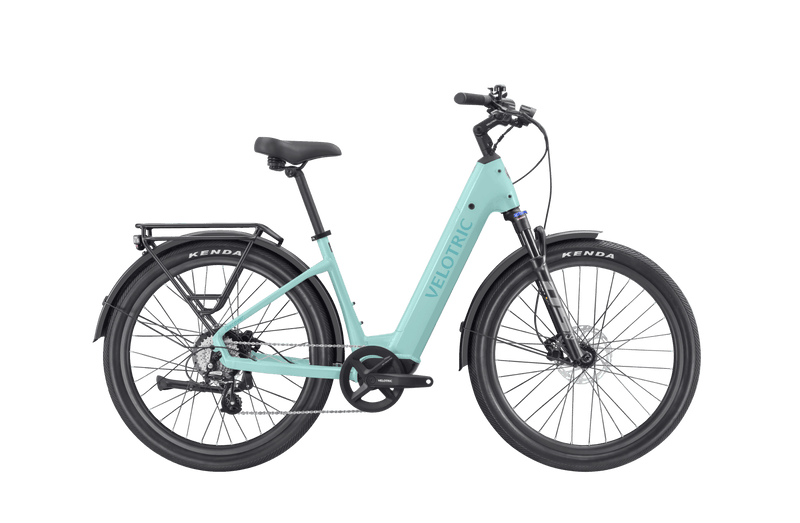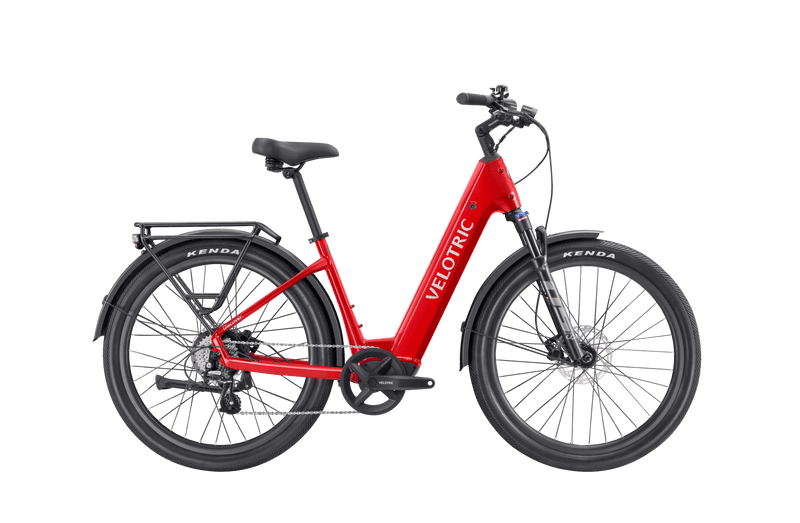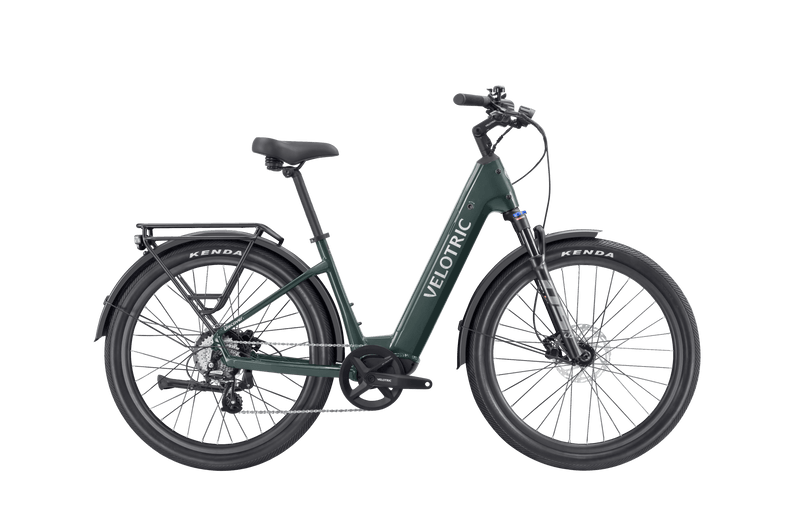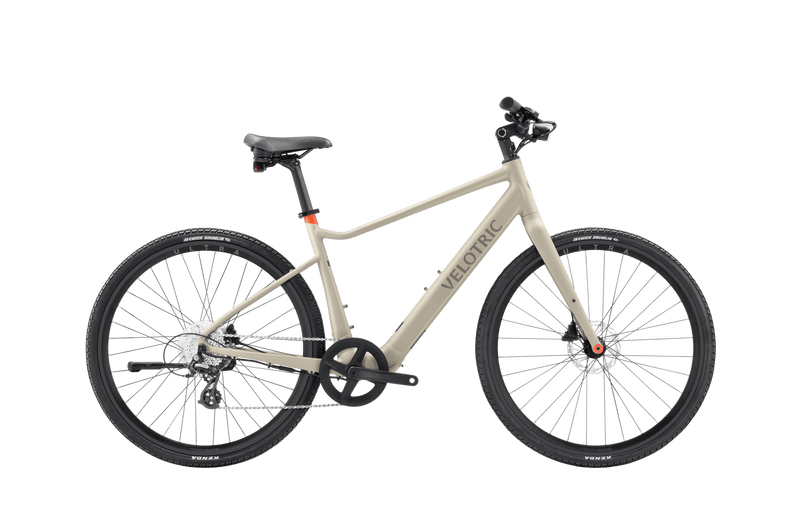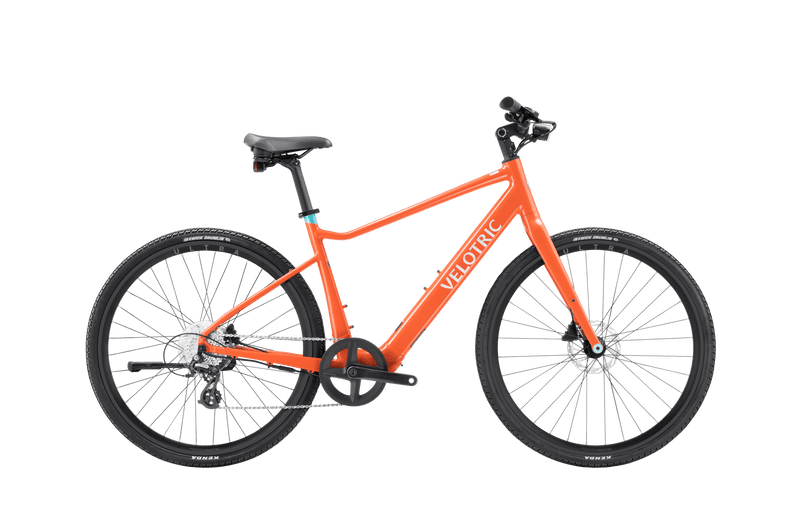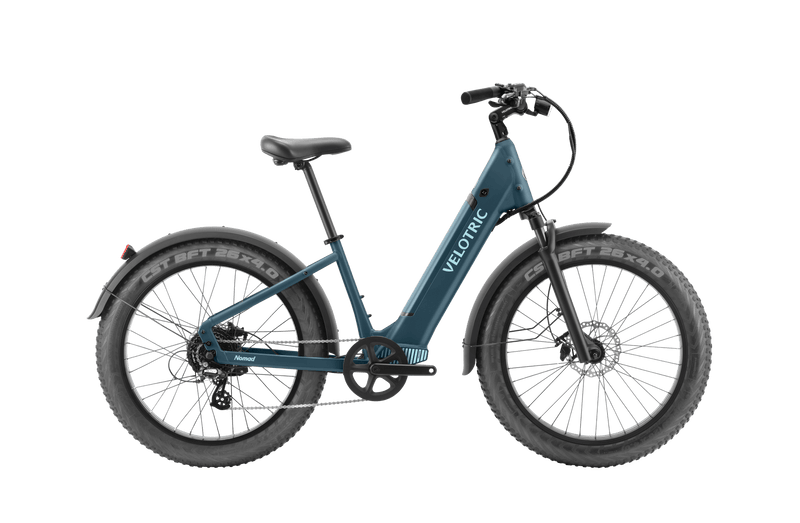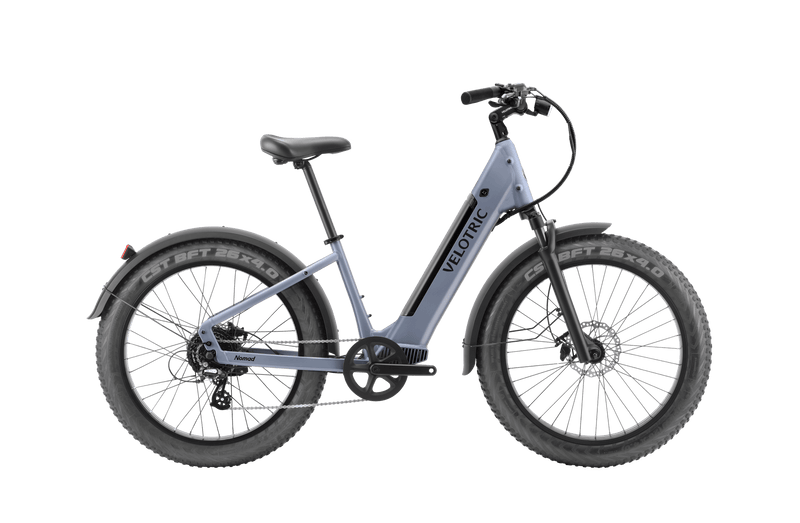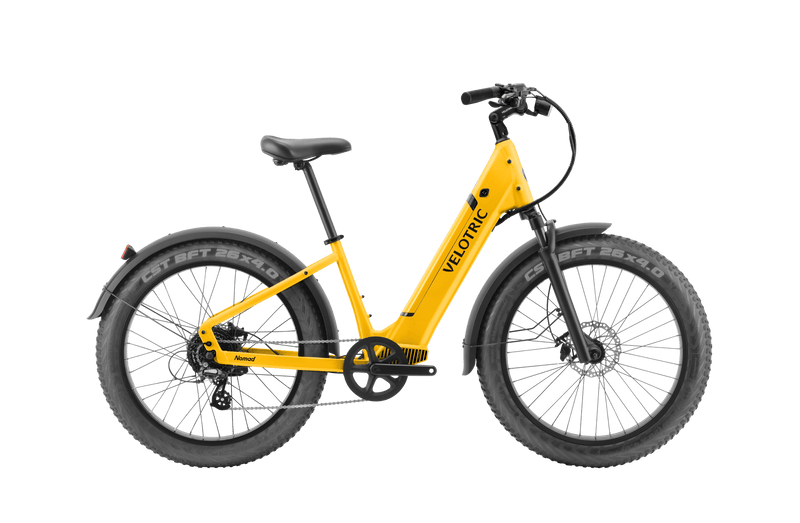Key Takeaways
- 97% of city residents would like their city to invest in greener infrastructure, with 83% saying they would pay more taxes to aid with the transition.
- 60% of city residents plan to be car-free by 2030.
- 86% of city residents are more likely to vote for a political candidate pushing for car-free cities.
Imagining a Cleaner City
Have you ever wondered what it would be like to live in a car-free city? You’re not alone. Most cities have long been car-friendly, but some are now working to replace parking lots with bike racks and traffic jams with bike lanes, sidewalks, and public transit.
As an e-bike company, we wanted to find out what the average city resident thinks about the push for cities to go car-free. What are the advantages and drawbacks of a city with no cars on the road? To answer these questions and more, we surveyed 1,000 urban Americans. Here’s what they had to say.
Perspectives from Urban Dwellers
We asked residents of American cities how they felt about the prospect of living without a car. What would that life look like for them? Let’s look at the pros and cons.

Many urban dwellers are already car-free. For example, about 30% of greater New York City residents don’t own cars. Most city residents we questioned were on board with cities going this route altogether, and many said they’re ready to give up their vehicle once the right infrastructure is in place. Of those we surveyed, 80% said they could live without a car, and 82% believed that car-free cities are the future. Many — 6 in 10 — even said they plan to be car-free by 2030.
But this big change for Americans comes with its pros and cons. According to 62% of respondents, the top benefit will be a reduction in traffic. Considering the average American spends about 2.5 weeks each year stuck in traffic, less noise, congestion, and car accidents would be a welcome relief for many drivers. Plus, 55% said car-free cities would lead to less pollution and a cleaner environment.

Other commonly perceived benefits were safety, community building, and saving money on fuel. Owning a car can cost a lot of money, especially when supply chain issues and inflation have caused prices to soar. Commuting alternatives like e-bikes and scooters are much more affordable, which might be why 90% of urban Americans said they wish they could travel to work in one of these ways.
Other perceived consequences of going car-free included people having to walk and exercise more, which is great for some of us but not possible for everyone. City residents were also worried about errands being harder to complete without a car and public transit becoming too overcrowded.
Most cities would have to update their public transportation options to truly go car-free. The good news is 97% of city residents said they would support their cities investing in greener infrastructure, though only 83% were willing to pay more taxes to support it.
These desires can weigh on urban Americans’ political decisions: 86% of city residents would be more likely to vote for a candidate pushing for car-free cities.
A Greener East and Midwest
Even though some Americans are interested in going car-free, would they move to a city based on that aspect alone? We looked into which East Coast and Midwest cities people most want to see going green.

A nation of greener cities is possible, especially if the number of cars on the road is reduced and more eco-friendly transportation is available. By and large, people were interested in moving to greener cities (82%), but that interest varied by location.
The Big Apple topped the list as the city most people wanted to become car-free, with 6 in 10 respondents expressing interest in the transition. NYC has already committed to promoting urban sustainability: the idea that today’s activities and choices shouldn’t compromise the present or future generations’ ability to meet their needs.
Chicago was the city with the second-most desire to see it go car-free; 37% of respondents wanted to see the Windy City become a friendlier place for pedestrians and cyclists. Washington, D.C. came in third place, which makes sense considering that the U.S. capital also topped this year’s list of cities with the worst traffic. And while its metro system has been well-regarded in the past, it failed to meet demand during the recent COVID-19 pandemic, indicating that D.C.’s public transit could use an upgrade.
A Greener West
Now that we’ve looked at cities in the Midwest and Northeast, it’s time to find out which western cities most Americans want to see go car-free.

The idea of a car-free Los Angeles was the most enticing among our respondents compared to any other western city. An LA with no vehicles would be a far cry from what it is today: a place heavily dependent on personal cars due to its urban sprawl and lack of public transportation. However, the city has committed to certain Green New Deal goals and is currently on track to meet some of them by 2025. City residents also wanted Houston (33%) and San Francisco (28%) to go car-free. Both of these cities are fairly large and already have some forms of public transit.
The Case for Cars
Even though there’s some desire to get cars off the road, not everybody wants to be car-free. We’ve seen public transit ridership decrease during the pandemic due to the fear of spreading disease, and that’s still a concern for many. Most of our respondents agreed, saying germ exposure was the No. 1 reason they didn’t want to give up their car.
The second-most listed reason to keep a car was the funds needed to purchase, rent, or ride alternative transportation. Many Americans might have a car that’s paid off, and they may not have the budget for new transportation. Lastly, people were concerned about overcrowded public transportation leading to longer travel times and frustration.
Until car-free cities are more widely accepted, there are alternative ways to make cities greener. While increasing bike lanes and public transit access can support those looking to avoid car travel, building more parks and investing in renewable energy can benefit the environment in ways that don’t involve transportation infrastructure.
Condemn, or Cultivate?
Our survey revealed that most American city residents want to go car-free, but the infrastructure might not exist yet for many to give up their cars. Americans still have concerns about crowded transportation and spreading disease, which is why personal transport like an e-bike or scooter might be a better way for some to travel.
Going car-free may help Americans save money in the long run and help cities reduce their carbon emissions. Most people want to support cities in making this transition, and they’re willing to support political candidates who share this goal. Cities might not be ready to go car-free overnight, but with the support of their people and the government, we might get there sooner than we think.
Methodology
We surveyed 1,000 American city residents regarding their sentiments toward car-free cities. The mean age of respondents was 34 years old. Among them, 59% were male, and 41% were female. Respondents comprised the following generational breakdown: 20% Gen Z, 49% millennials, 20% Gen X, and 11% baby boomers.
About Velotric Bike
Velotric’s electric bikes are designed with safety, style, and comfort in mind, making them perfect for daily commuters and joyriders alike.
Fair Use Statement
If you enjoyed our findings about car-free cities, feel free to share this article for any noncommercial purposes. Please be sure to link back to this original article to credit Velotric Bike when you do.






































